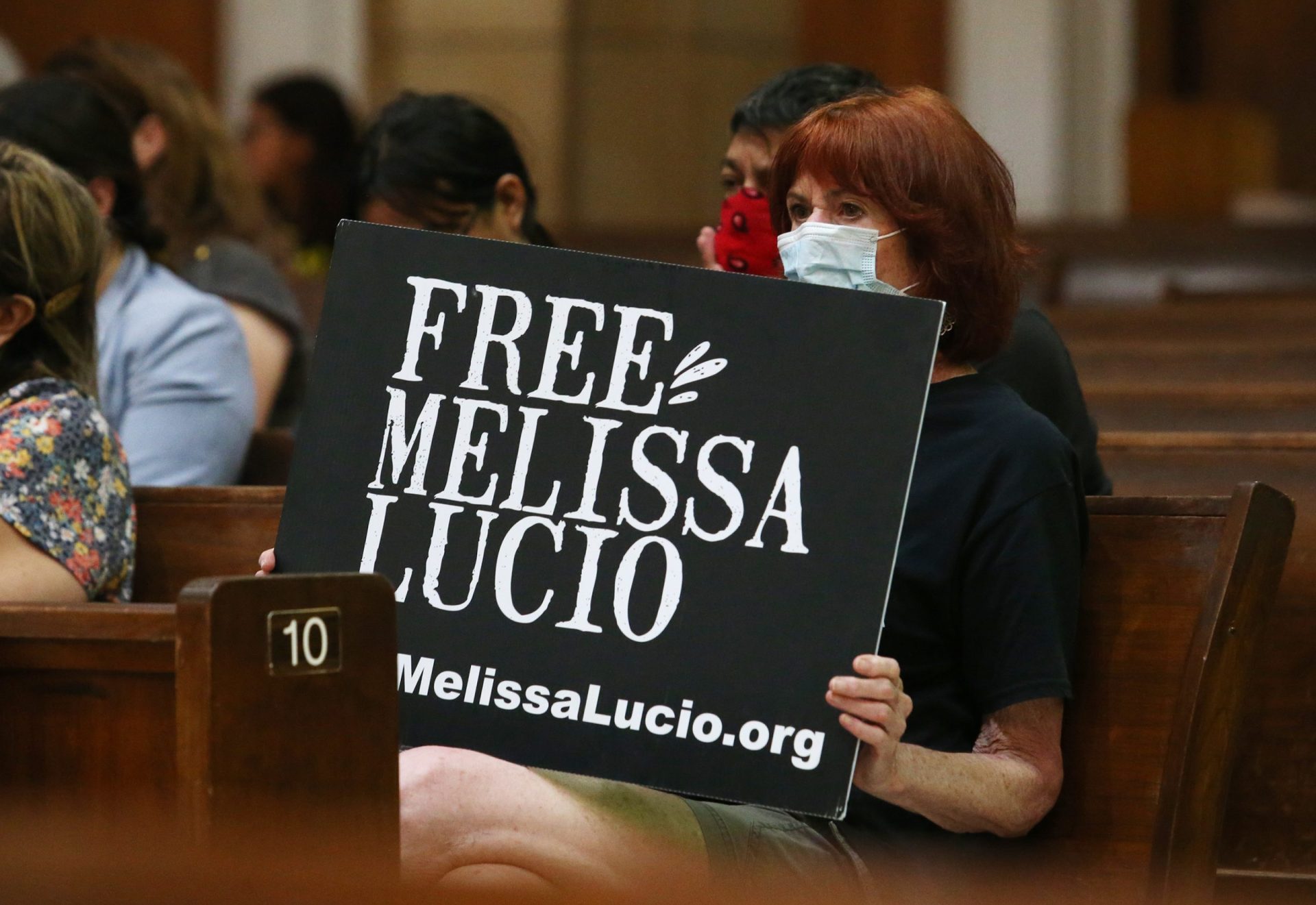|
Only have a minute? Listen instead
Getting your Trinity Audio player ready...
|
Melissa Lucio could have been dead by now, executed for a crime she might not have committed. Now that her case is being reviewed, let us hope that all parties to the case — prosecution and defense — pursue true justice if a new trial is ordered.
Senior State District Judge Arturo Nelson recently approved an agreement between Lucio’s attorneys and the Cameron County District Attorney’s Office requesting that her conviction of capital murder be overturned by the Texas Court of Criminal Appeals. Whether such action results in a new trial or exoneration has yet to be determined.
Lucio was convicted in July 2008 for the death of her 2-year-old daughter Mariah. The conviction rested largely on a statement Lucio gave during her interrogation that prosecutors argued was a confession. Lucio has always claimed that the statement was coerced and that she did not injure her child, who she says had fallen down a flight of stairs a couple of days before.
The appeals court ordered a stay of execution on April 25, 2022, two days before she was to be put to death, and ordered a review of evidence that had not been presented during her trial.
Current District Attorney Luis Saenz — who had opposed the stay of execution — now acknowledges that his predecessor withheld evidence that would have benefitted Lucio’s defense. It includes reports that Lucio had endured sleep deprivation and other stresses during her interrogation by Harlingen police. It also includes reports showing that Lucio’s other children also were interviewed, and that they all, independently of each other, said their mother did not mistreat them. One brother said he had seen Mariah fall down the stairs, and sister said the child bore evidence of the fall two days before she died.
It appears that then-district attorney Armando Villalobos — who was later convicted of taking bribes and throwing cases — withheld this information and other evidence in order to get a conviction.
Villalobos was running for reelection at the time, and he isn’t the first prosecutor who might have been willing to sacrifice a possibly innocent woman to his political interests in a tough-on-crime state.
This is one of many reasons why we always have opposed the death penalty. Once executed, the sentence is irreversible, and too many people have been found innocent after spending years on death row. Lucio was imprisoned for nearly 15 years before the stay of execution was ordered; who knows how many people have been put to death before evidence of their innocence could come to light?
Fortunately, Saenz now acknowledges that Lucio did not receive a fair trial. District attorneys can’t have a win-at-all-costs attitude toward their cases. Their job is to work to ensure justice for all their constituents — both victims and defendants, who might be wrongly accused. Due process always should be more important than subjugating a possibly innocent person to a desire to win a few reelection points with a court victory.
Let us hope true justice is served when this case ultimately is resolved. Let it also serve as a reminder that crime can destroy lives — of victims and their families, but also of people who might be wrongly accused.




